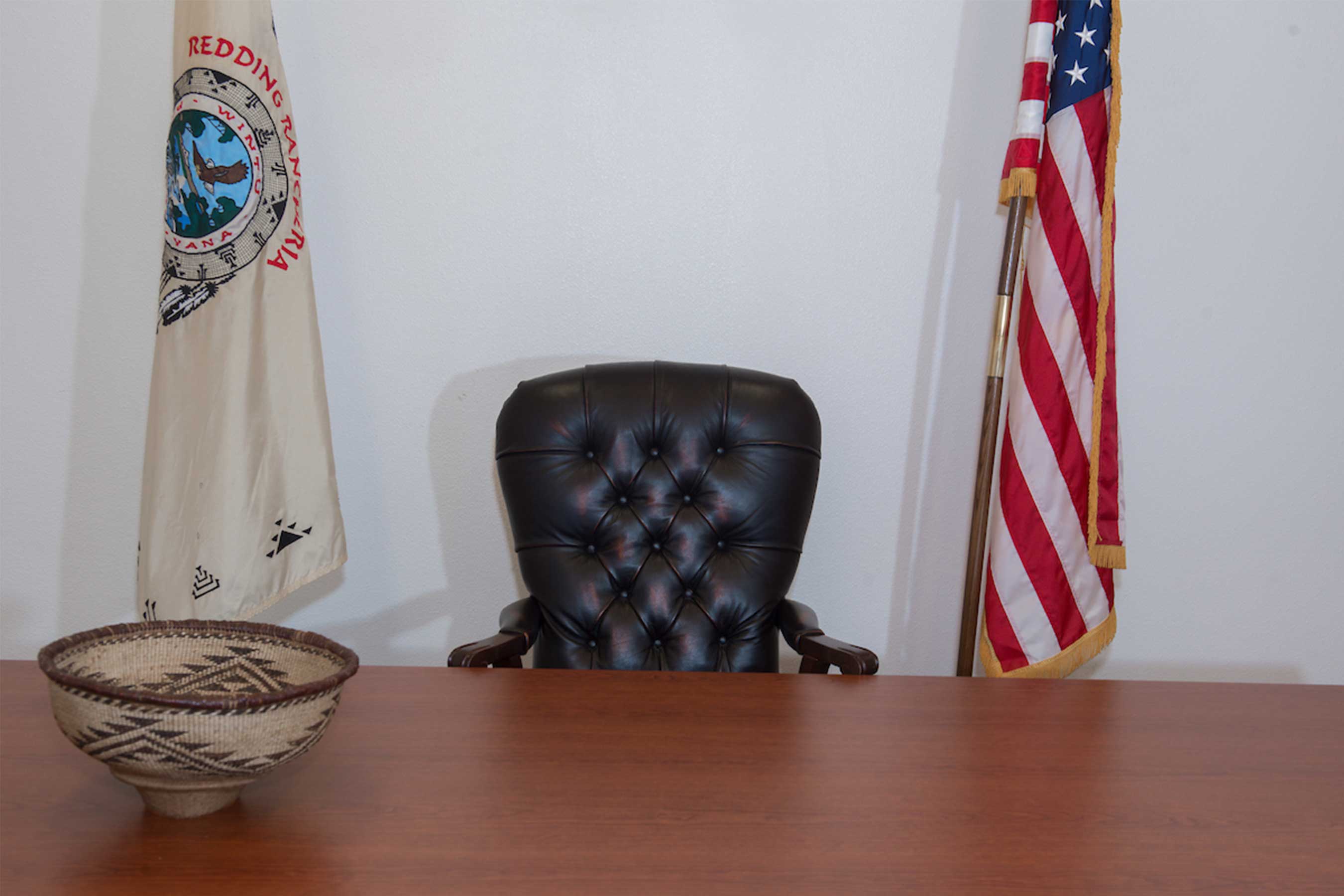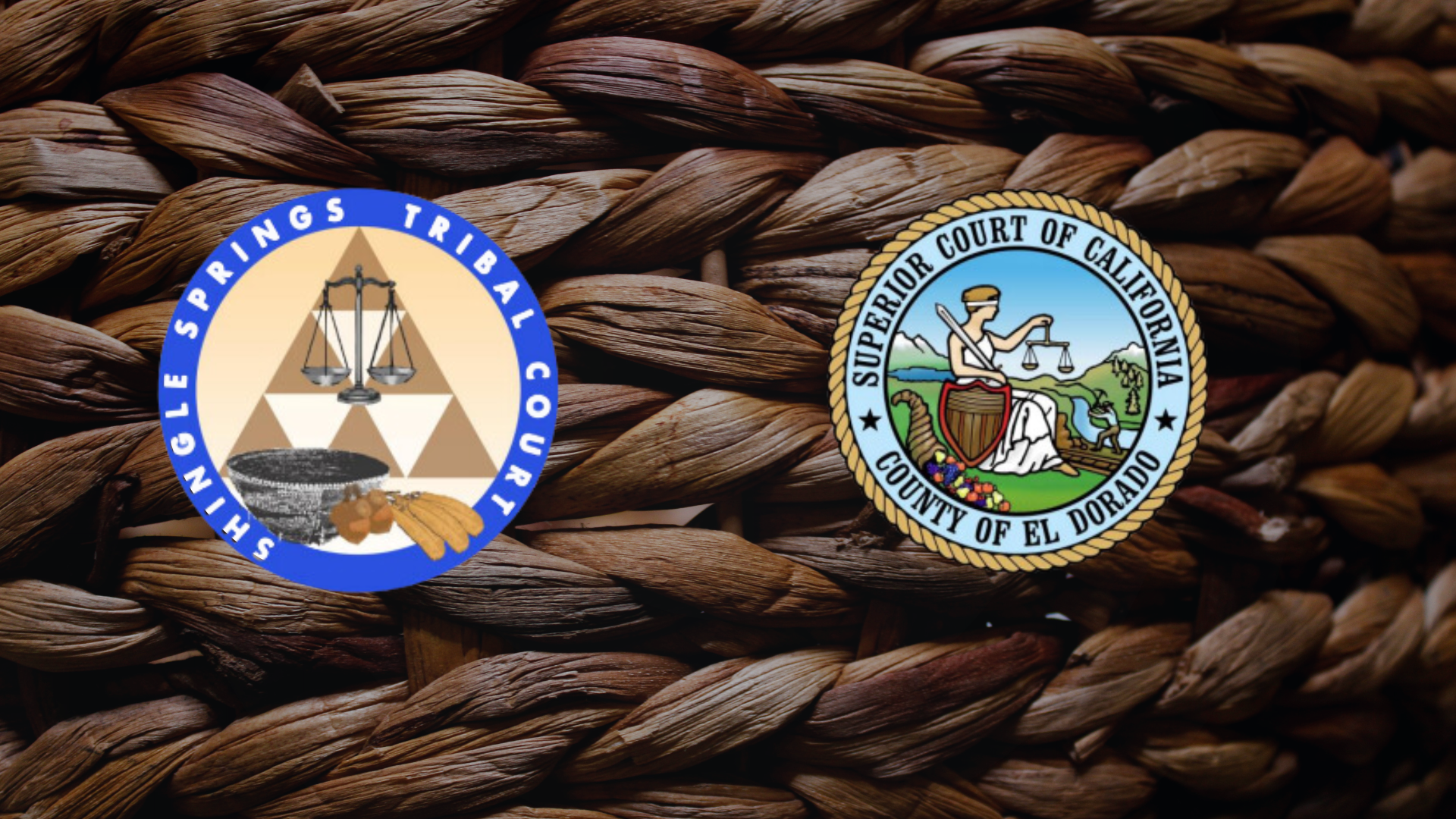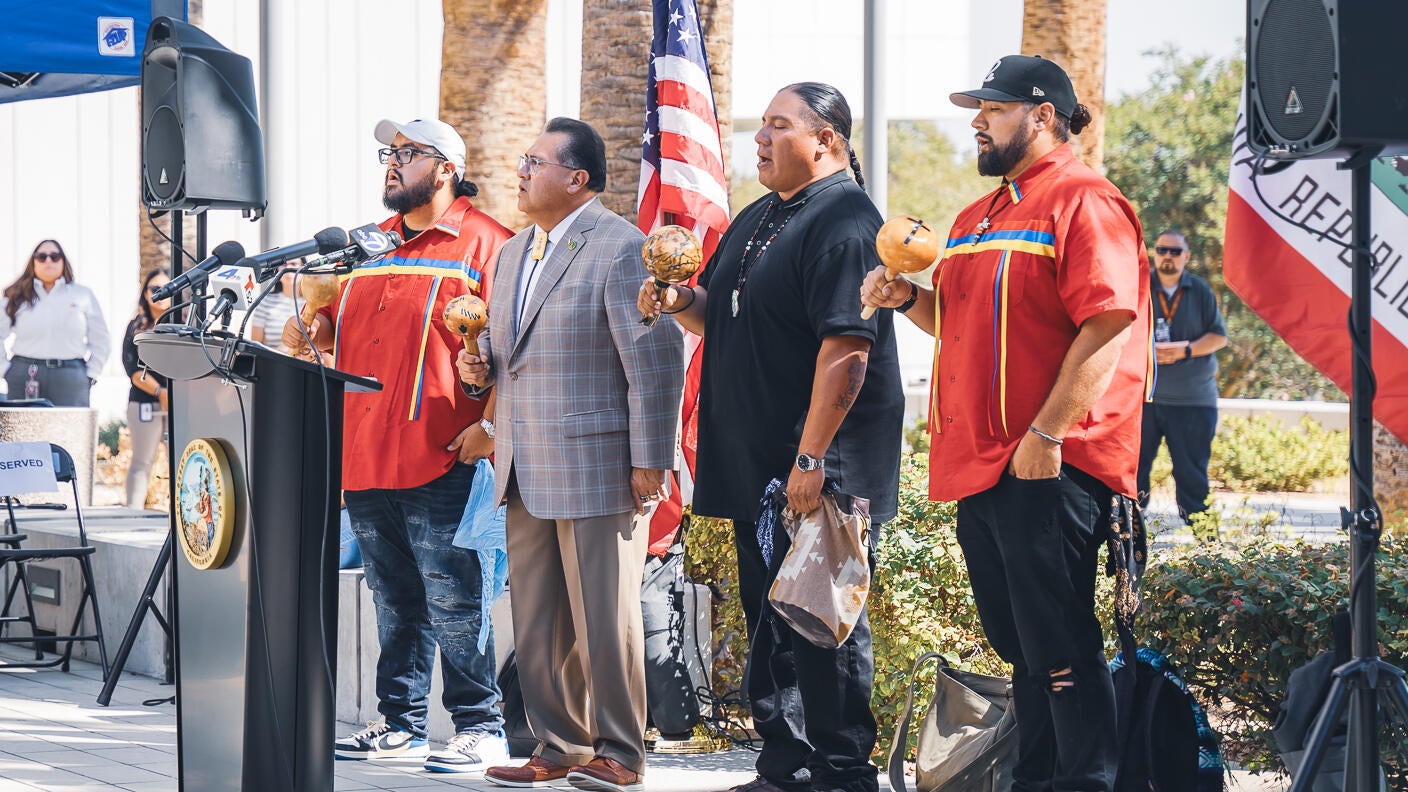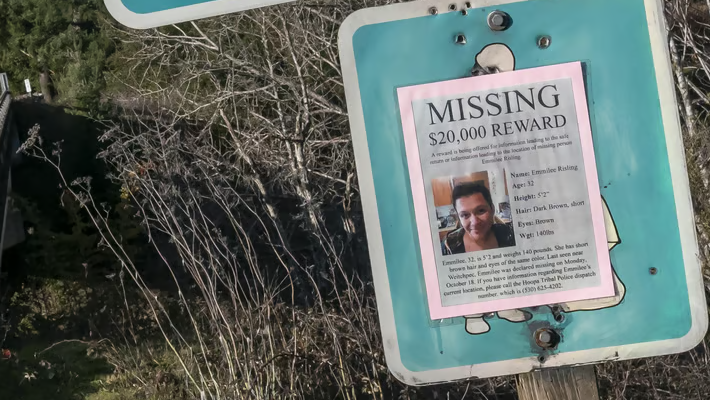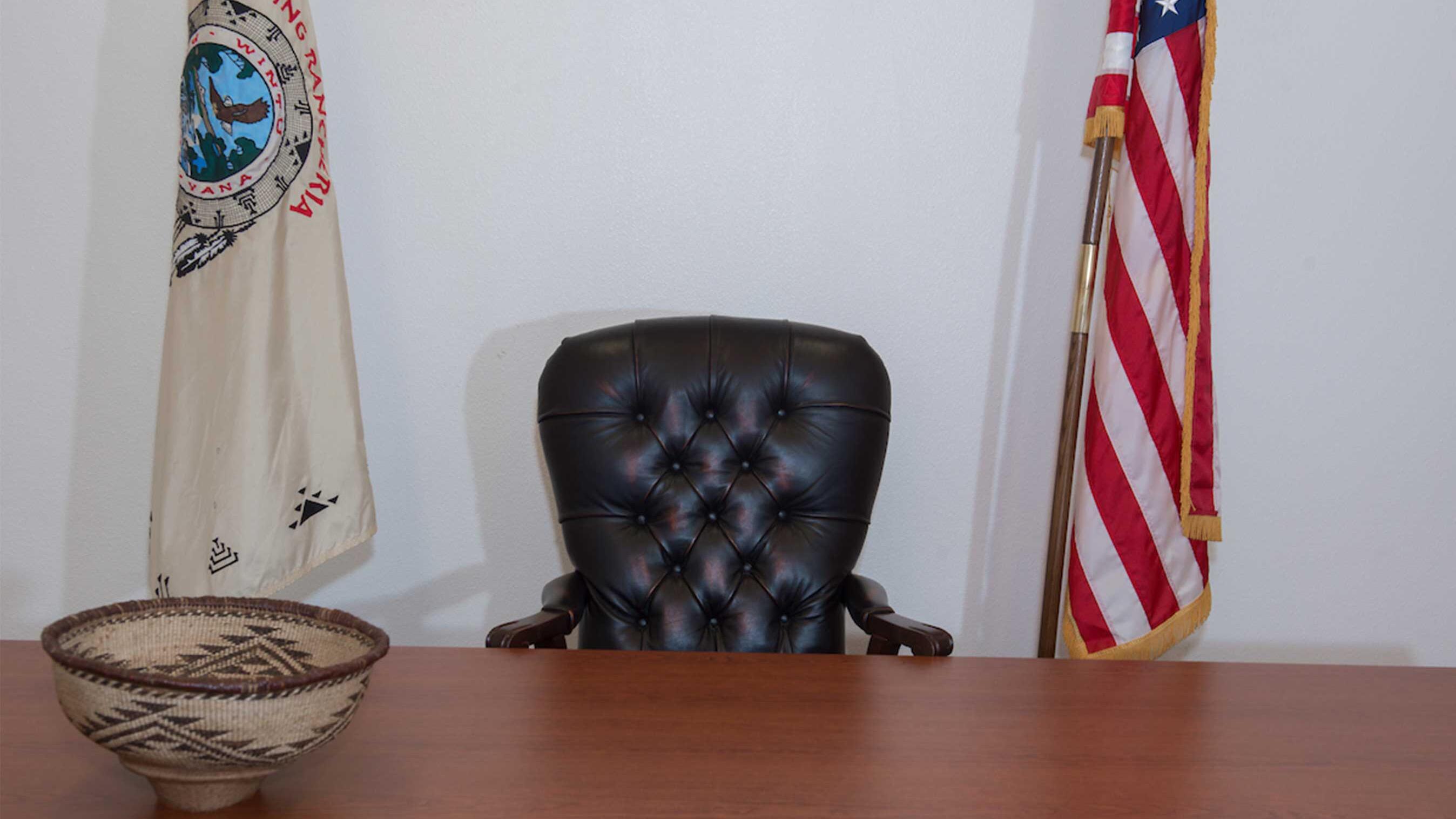
Supporting Native American Communities in Our Court Systems
*This feature was originally published on November 16, 2023 and has been updated.
What began with a simple request by one tribal court judge for a meeting with the state’s Chief Justice has taken us to where we are today in California, the coming together of tribal court and state court leaders as equal partners to address areas of mutual concern.
Formed in 2010, the Tribal Court-State Court Forum improves the working relationship between California’s tribal and state courts and makes recommendations on matters where tribal and state courts overlap.
The forum, made up of judges and members of both the tribal and state court communities, provides direction in areas such as:
- Jurisdictional issues
- Enforcement and recognition of protective orders and judgments
- Access to justice in Indian country in the areas of domestic violence, sexual assault, stalking, and teen-dating violence
The forum also gathers data and develops resources relevant to Native American communities and tribal justice systems. In addition, the forum supports rules and legislation relating to child support, guardianship, civil money judgments, and other areas.
Joint-Jurisdiction Court
In California, tribal and state courts share concurrent jurisdiction over many case types. Rather than choosing between either state or tribal court jurisdiction, cases can be heard in a joint-jurisdiction court.
In this setting, the tribal court judge and the state (or federal) court judge come together to simultaneously exercise their respective jurisdiction. Sharing and coordinating jurisdiction allows the leveraging of resources from each jurisdiction to improve outcomes.
For example, the Humboldt Superior Court and Yurok Tribal Court formed a Family Wellness Court to help parents end their substance use and ultimately reunite them with their children. Judges from both courts jointly oversee cases and work closely with families and wellness teams consisting of tribal mentors, family members, mental health specialists, and county social workers to design tailored wellness plans with clear objectives.
“What we are engaged in is nothing short of redesigning a new and better way of doing things when it comes to our families who are struggling with substance abuse and have children in the child welfare system,” said Judge Joyce Hinrichs (Ret.) of the Humboldt Superior Court, who presided over the Family Wellness Court with Yurok Tribal Court Chief Judge Abby Abinanti.
Joint-jurisdiction courts operate in El Dorado, Humboldt, and Del Norte Counties.
Judicial Council Offers Resources on Native American Issues
With federal and state funding, the Judicial Council of California maintains a Tribal/State Programs unit that provides legal services and technical assistance to local courts on inter-jurisdictional issues across all case types and assists with the development of policies, positions, and programs to ensure the highest quality of justice and service for California’s Native American communities.
The council’s tribal/state program also develops resources to assist those involved in Indian Child Welfare Act (ICWA) proceedings understand their legal obligations under ICWA and comply with those requirements.
Read more about Tribal Communities in California.
This November, California Courts and the Judicial Council of California join the nation in recognizing National Native American Heritage Month.
- According to the most recent U.S. Census data, California is home to more people of American Indian/Alaska Native heritage than any other state.
- Currently 109 federally recognized Indian tribes in California and several non-federally recognized tribes petitioned for federal recognition through the Bureau of Indian Affairs Office of Federal Recognition.
- California has 32 tribal courts, serving approximately 50 tribes.
- The Judicial Council provides staff to the Tribal Court-State Court Forum, as well as education and technical assistance on the Indian Child Welfare Act, violence prevention, and tribal justice systems.
Featured Photo: Redding Rancheria Tribal Court


